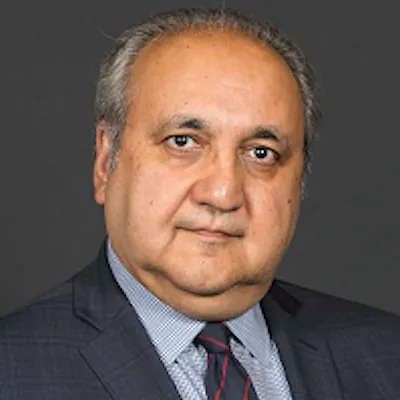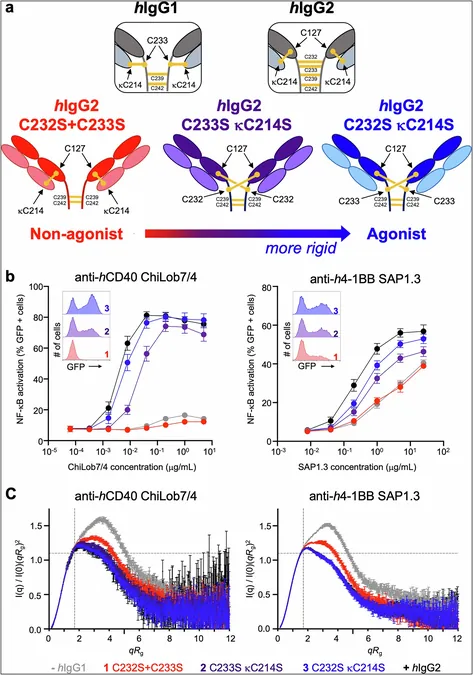
Revolutionary New Guidelines Simplify MASLD Treatment Protocols!
2025-04-16
Author: Mei
Transforming the Fight Against MASLD
A groundbreaking global consensus has emerged, streamlining treatment recommendations for Metabolic Dysfunction-Associated Steatotic Liver Disease (MASLD), making it easier for clinicians to implement effective strategies in their practice.
Unifying Conflicting Guidelines
After examining 61 documents from recent years, experts identified major inconsistencies across recommendations. This prompted a thorough consensus-building process, focusing on key areas such as quantifying alcohol consumption, identifying high-risk MASLD patients through noninvasive tests (NITs), and establishing screening protocols for MASLD-related hepatocellular carcinoma (HCC). Dr. Zobair Younossi, a leading figure in liver research, highlighted the confusion caused by the differing guidelines. This new consensus aims to clear the fog.
Expert Collaboration for Better Outcomes
To form these unified guidelines, a steering committee was created, consisting of gastrointestinal specialists, nutritionists, and patient advocates from around the globe. The team focused on collecting comprehensive data, assessing various statements through a rigorous Delphi process that included multiple rounds of feedback.
Key Recommendations for Risk Assessment
Consensus was achieved on crucial screening for patients, particularly those with type 2 diabetes and obesity, using a fibrosis-4 (FIB-4) score as a starting point. For alcohol consumption, it should be evaluated during clinical interviews using validated tests.
Lifestyle Changes at the Forefront
Recommended treatment strategies emphasize lifestyle changes, urging a Mediterranean-style diet rich in plant-based foods and lean protein while minimizing sugar and ultra-processed foods. Exercise is essential, with guidelines suggesting a minimum of 150 minutes of moderate activity weekly.
Surgical and Supplement Considerations
There’s strong support for bariatric surgery in noncirrhotic MASLD patients meeting specific criteria. However, vitamin E supplementation and certain other treatments remain uncertain due to conflicting evidence.
Screening Protocols for HCC:
HCC screening remains critical for patients with cirrhosis. While routine surveillance for noncirrhotic MASLD patients isn’t generally recommended, individual assessments may be necessary for high-risk groups.
Looking Ahead: Research and Awareness
As these new consensus recommendations roll out, the community of researchers and clinicians is urged to conduct further studies to enhance awareness and understanding of MASLD. This unified approach could significantly impact patient care and treatment outcomes in the fight against this growing health concern.


 Brasil (PT)
Brasil (PT)
 Canada (EN)
Canada (EN)
 Chile (ES)
Chile (ES)
 Česko (CS)
Česko (CS)
 대한민국 (KO)
대한민국 (KO)
 España (ES)
España (ES)
 France (FR)
France (FR)
 Hong Kong (EN)
Hong Kong (EN)
 Italia (IT)
Italia (IT)
 日本 (JA)
日本 (JA)
 Magyarország (HU)
Magyarország (HU)
 Norge (NO)
Norge (NO)
 Polska (PL)
Polska (PL)
 Schweiz (DE)
Schweiz (DE)
 Singapore (EN)
Singapore (EN)
 Sverige (SV)
Sverige (SV)
 Suomi (FI)
Suomi (FI)
 Türkiye (TR)
Türkiye (TR)
 الإمارات العربية المتحدة (AR)
الإمارات العربية المتحدة (AR)